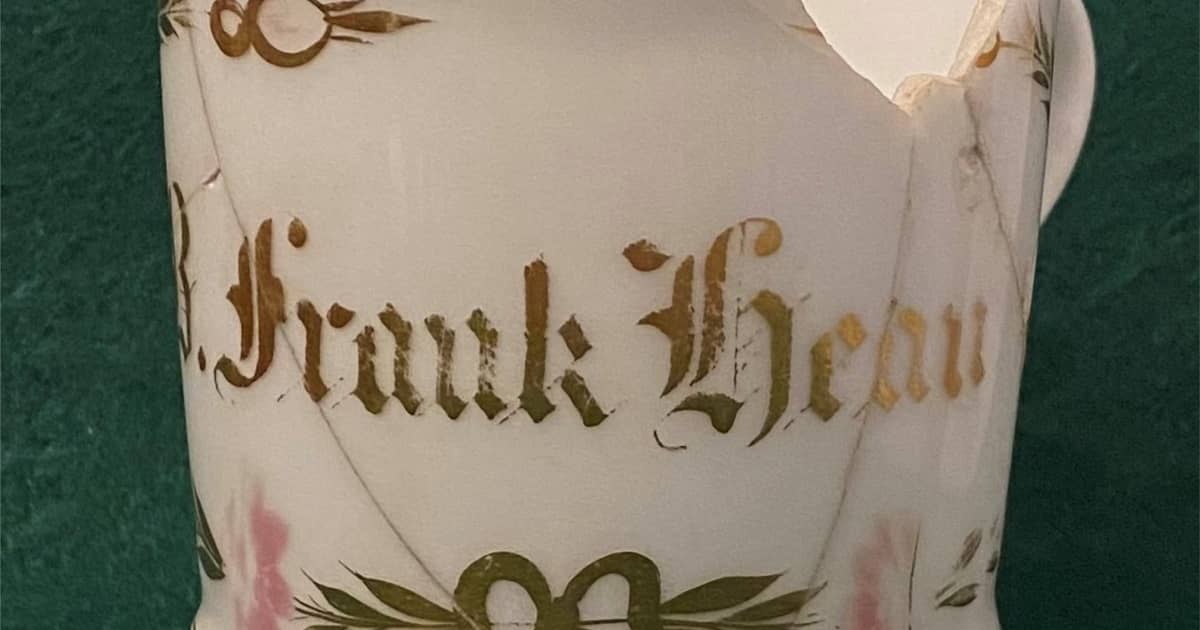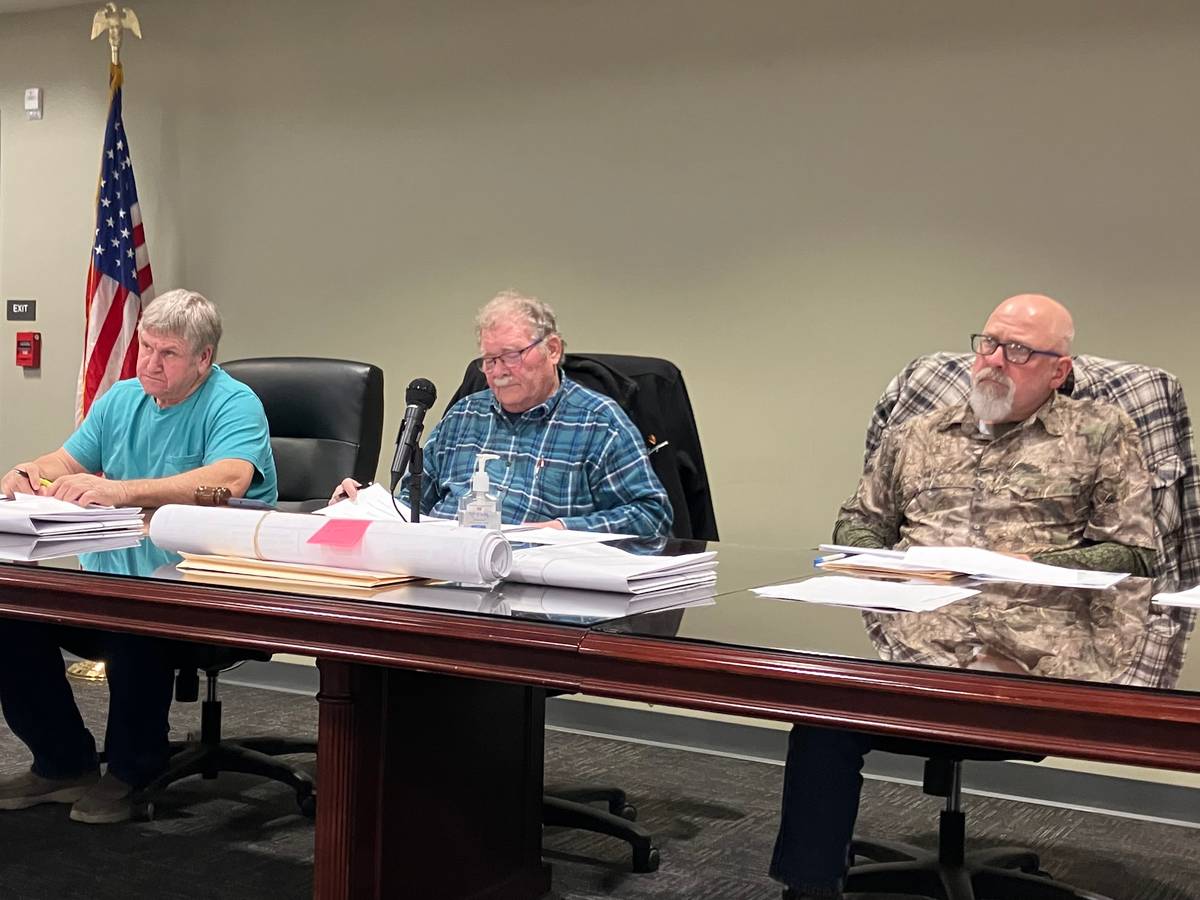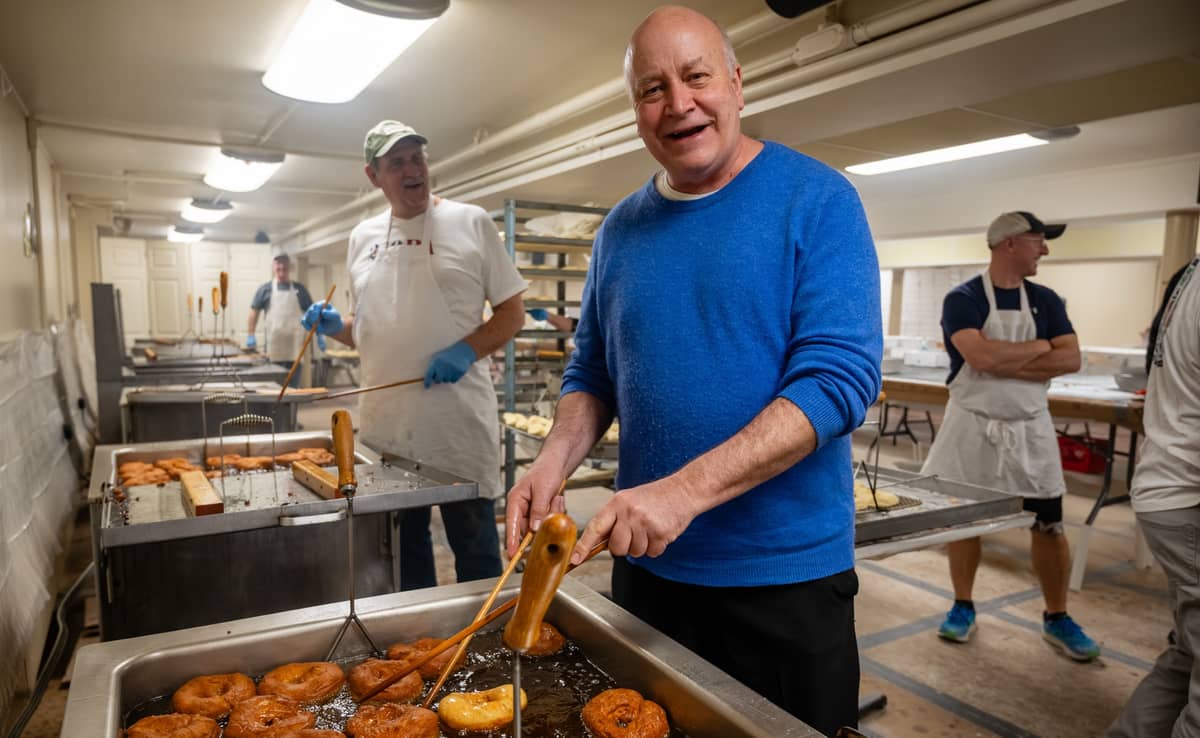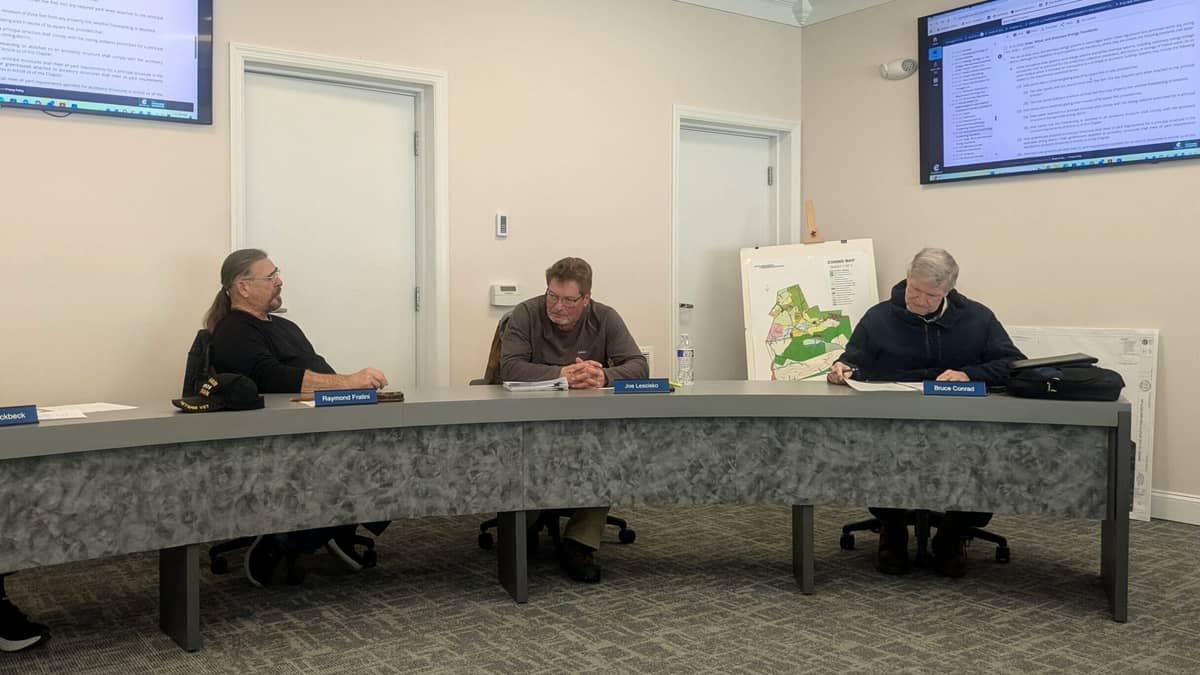Cornwall Borough resident Bruce Chadbourne moved to Cornwall Manor a few years ago after his retirement, drawn by the history of the mine and the Cornwall Iron Furnace. He has taken to writing a few historical articles, which he’s kindly shared with LebTown for our readers to enjoy in a semi-regular series titled, “Who knew?” We hope you enjoy.
In 1990, local historian Jack Bitner reached into the dark soil of an old Cornwall privy, pulling out shards of a broken shaving mug, thrown there 100 years previously, perhaps by the housekeeper of Robert H. Coleman, master of the great Coleman estate of Cornwall.

With meticulous care Bitner cleaned and reassembled the mug. The name “B. Frank Hean” materialized before his eyes but as the name meant nothing to him, he wasn’t troubled that he had not found the last piece to complete the artifact.
Bitner put the curiosity aside, figuring as historians do that someday it would fit neatly into another historian’s mystery. Little would one expect it involved the discovery of a gunshot victim not in Lebanon, Pennsylvania, but Melbourne, Australia, on New Year’s Day 1896.
The reader may recognize the name “Hean” from a recent story involving an undercover Pinkerton agent investigating trouble in Robert H. Coleman’s Cornwall stables. Capt. Hean served an unassuming role in that story as Coleman’s personal secretary and manager of various affairs of the estate. The bookends of Hean’s life preceding and following that period bring to full color the tale of an interesting and troubled man.
Benjamin Franklin Hean was born in 1842, to John and Eliza (Goodyear) Hean. John was a superintendent of the Union Canal from Middletown to Lebanon. Hean’s grandfather John Hean Sr. came from County Cornwall, England, to build the tunnel at Westmont near Lebanon.

A millworker as a young man, Benjamin took up arms in the Civil War, enlisting on Sept. 21, 1861, in the Pennsylvania 93rd regiment as a private. He was quickly promoted to sergeant and a year later to 1st lieutenant.

In May 1863 he was wounded at Chancellorsville, the battle considered to be Robert E. Lee’s greatest victory (and the death of Stonewall Jackson). A few months later when the victorious Lee confronted the Union army at Gettysburg, Hean was still recovering from his wound in hospital. But two years later in April 1865 he was recognized for meritorious action at the “Breakthrough” Battle at Petersburg (Lee surrendered to Grant one week later). Hean was discharged in June 1865 and, though later brevetted major in recognition of his service, he was often known as “Captain” B. F. Hean. In 1884 he would take part in the design and dedication of his regiment’s monument at Gettysburg.

In one relevant detail concerning his military service, Hean had his arm tattooed with an American flag and his name, providing means of identification in case of being wounded.


Returning home, he apparently returned to work at the Union Waterworks and by 1869 was living on Cumberland Street and listed in the city register in various professions as salesman, clerk and, by 1875, employed at Lemberger’s apothecary on old Market Square opposite the Lebanon National Bank. By 1879 he shows up in historical records as living in Cornwall with the Wm. Boyd family and serving in various roles as Robert Coleman’s clerk, secretary, and farm manager.
He spent the 1880s as Robert Coleman’s trusted agent, assisting him with the National Guard Encampment of 1887 and the Pinkerton affair at Coleman’s stables in 1888. By 1890 according to the Lebanon Courier he was serving as Coleman’s manager of the “new” Colebrook furnace in Lebanon, the Anthracite Furnace at Cornwall, and the Lochiel Furnace in Harrisburg.
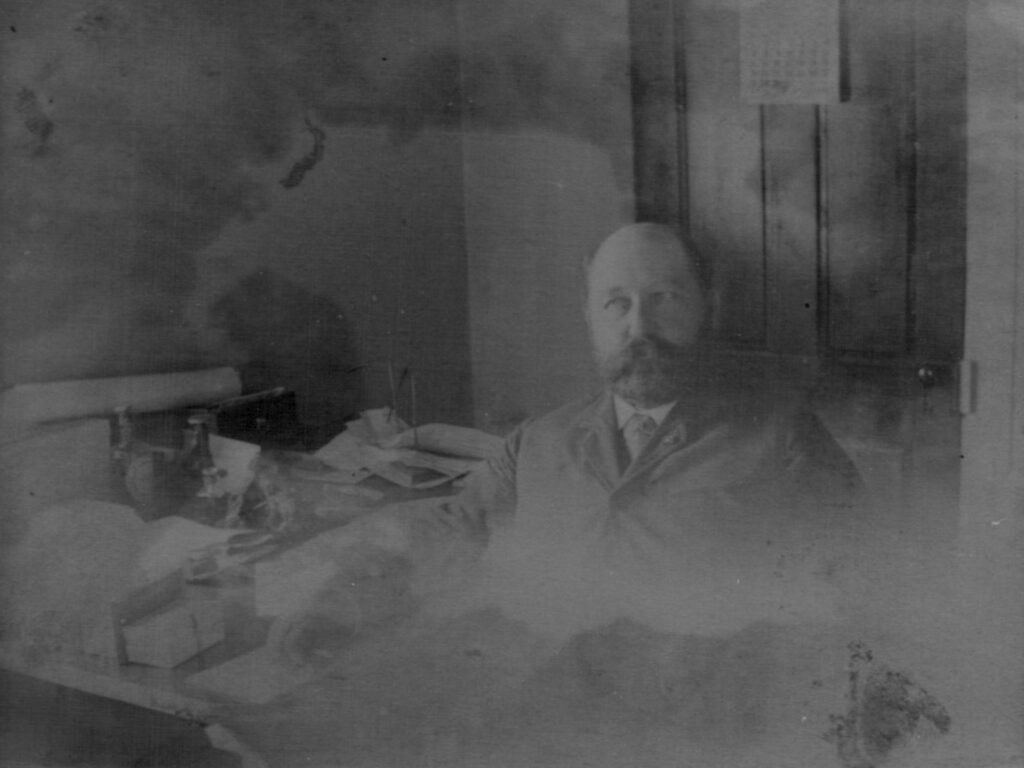
The 1890s marked a new chapter for Hean. He left Robert H. Coleman’s employ. He was described in the press as one of the most prominent and popular men in the city and county. Hean lived in relative luxury at the Lebanon Valley House at N. 8th and Scull streets across from the train depot.

Hean was elected to a term as prothonotary in 1892. When Christian Bomberger replaced him in 1895, Hean became his appointed deputy (Hean had also been elected chairman of the county Republican Party). Soon after, Bomberger had become seriously ill and deputy Hean stepped up to assume his duties.
?Prothonotary /prō-ˈthä-nə-ˌter-ē /
This author now understands but still struggles to correctly pronounce the word “prothonotary,” which in Pennsylvania is the chief clerk and recordkeeper for all civil cases of the court system. Most states have instead a Clerk of the County Court of Common Pleas. “Prothonotary” is Latin for “first notary.” According to Lebanon County’s Department website, the prothonotary is the chief filing office for the Court of Common Pleas of Lebanon County in civil, family, protection from abuse, judgment, and lien matters.


On Oct. 31, 1895, the Daily News carried a story expressing growing concern about the absence of Lebanon’s deputy prothonotary. Nine days earlier on the evening of Oct. 22, Hean had received a telegram, and upon reading it nonchalantly tucked it in his pocket and remarked to E.M. Boltz, proprietor of the hotel, that he must leave immediately for Pittsburgh on a business matter that would keep him away several days. Within the hour he came back downstairs from his room carrying a small satchel, his departure witnessed by Lizzie, a hotel employee, and local citizen George Kreitzer. He crossed the street to the Pennsylvania and Reading depot and left town on the 11:20 p.m. westbound train.
Little notice was taken until the following Monday, Oct. 28, when the Lebanon County Court issued an order to release payment in connection with a recent settlement of $2,727. With Hean’s absence several attorneys proceeded directly to the People’s Bank to arrange withdrawal of the funds. Imagine everyone’s surprise when the cashier discovered there were no funds on deposit, funds which Hean presumably had deposited almost two years prior in January 1894.
Gossip regarding missing funds and Hean’s unexplained disappearance mounted quickly. The newspaper characterized Hean, previously as one of the town’s esteemed citizens, as a desperate man sitting atop a volcano that had finally erupted, though apparently with Hean now safely away from harm.
Suspicions led to further investigations and disclosures, which made clear the deputy prothonotary had been scheming for an extended period and had indeed left town a refugee from justice. Two other cases of fraudulent behavior were identified amounting to a total of nearly $5,000 missing over two years. When Hean stepped aboard the train, he was likely carrying about $2,500 in his satchel. Later tallies put the amount embezzled in excess of $10,000. Based on inflation that would be worth over $360,000 today.
Friends and citizenry wondered how Hean, with an $800 yearly salary, had fallen to such temptation. As the newspaper reported, Hean previously enjoyed great credit and confidence of many, and had little difficulty getting endorsements. Indeed, one attorney said, “if Major Hean had gone into business and needed money I would have been willing to endorse him for $20,000.”
As one expects, talk grew – that he had been living too extravagantly, “too fast,” well beyond his income, even as an unmarried man. Some speculated that he had debts from investing in the Moldoc (California) gold mine. His friends felt utterly betrayed.

We might speculate as well. Imagine a poor young boy, sent off to war, distinguishing himself with heroism, wounded in battle, perhaps suffering what we now call post-traumatic stress, returning home, enjoying the confidence of the region’s wealthiest man. Was he unable to sustain his extravagant lifestyle after leaving Coleman’s employ? Did that relationship end abruptly, triggering resentment and jealousy? Did Coleman’s own demise and departure in 1893 disappoint him? Had Hean’s taste of success and power in local politics corrupted him?
The newspapers never resolved those questions, but they were busy with another “Hean Story” a few months later.
The author gratefully acknowledges local historian Michael Trump for much of the background material on B.F. Hean from newspaper archives, many photographs as well as the photo of B.F. Hean’s shaving mug.
Details of Hean’s military service were used by permission from Edward S. Alexander’s article, “Tattooed in Lieu of Dog Tags: The Identity of Capt. B. Frank Hean.” that had been posted on Emerging Civil War website, March 10, 2016.
Credit is also due for assistance from the Cornwall Iron Furnace, and James Polcynzski, president of the Cornwall Iron Furnace Associates and author of the book “Souls of Iron,” (2022).
Ideas for future history stories? Let us know here.
Do you want to read more stories like this?
If you want to see LebTown continue and expand its history reporting, consider joining LebTown as a member. Your support will go directly towards stories like this and you will be helping ensure that our community has a reliable news source for years to come.
Learn more about membership and join now here.

